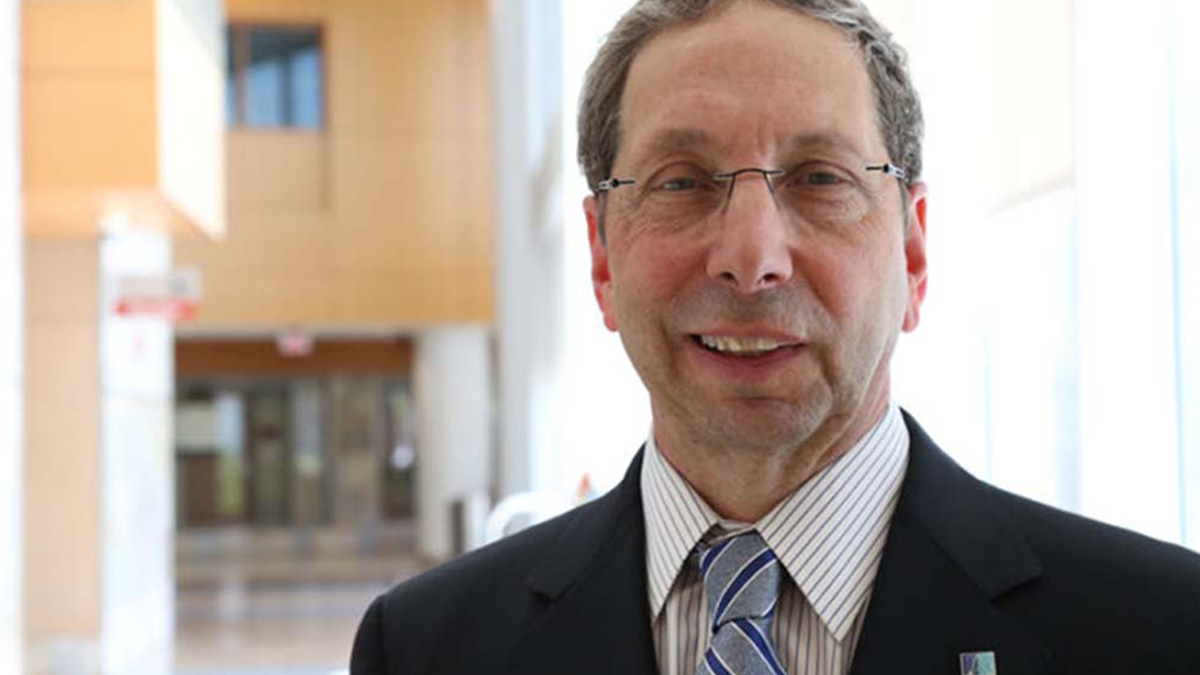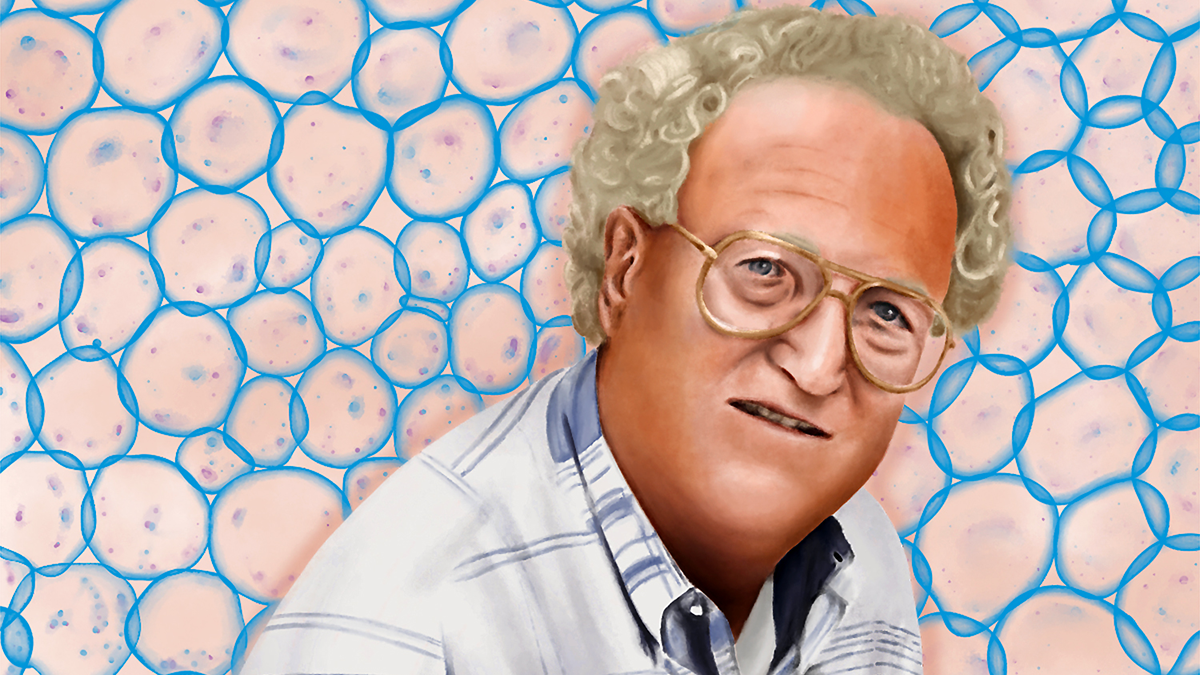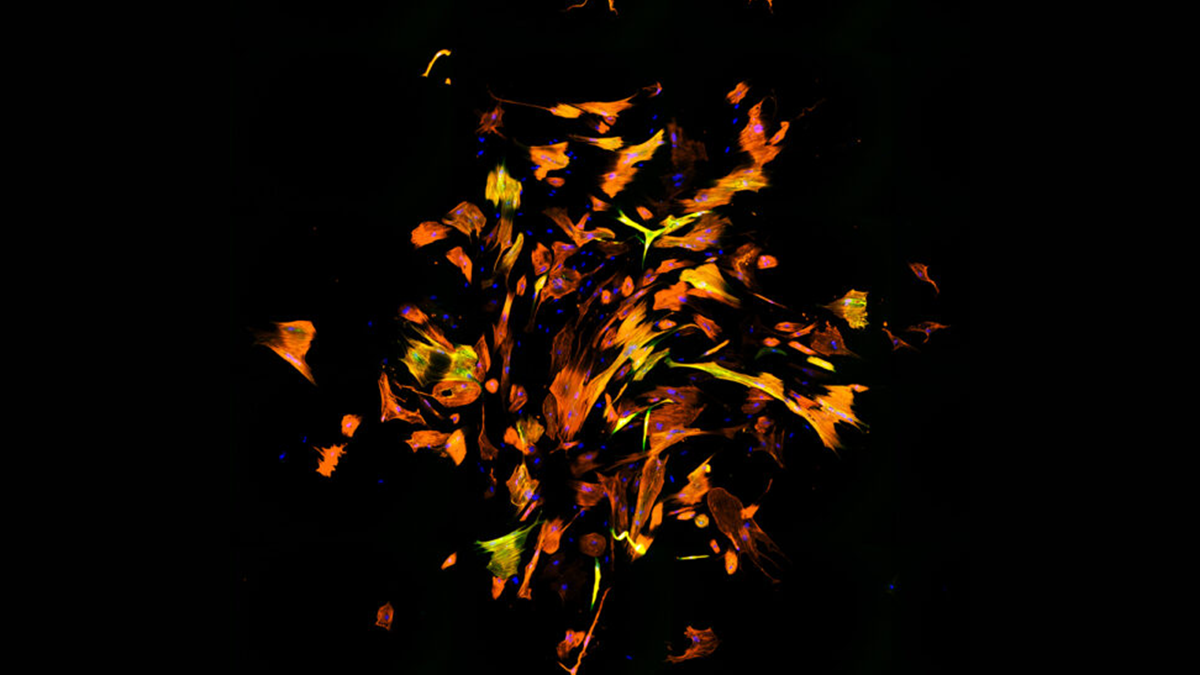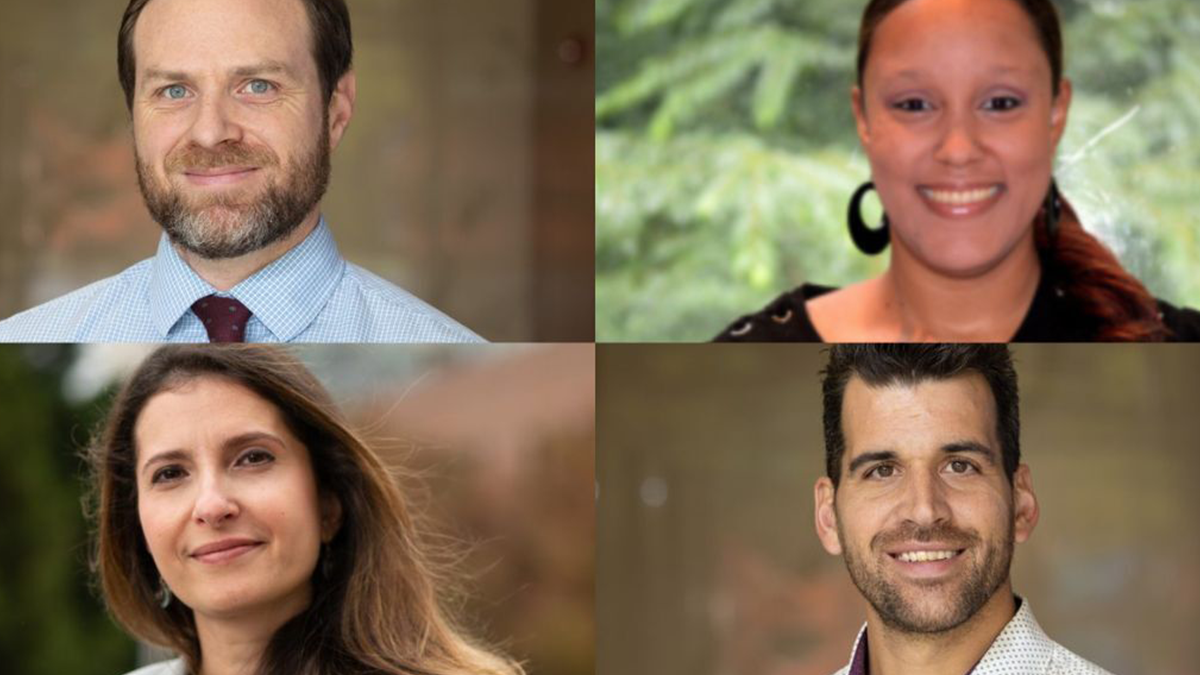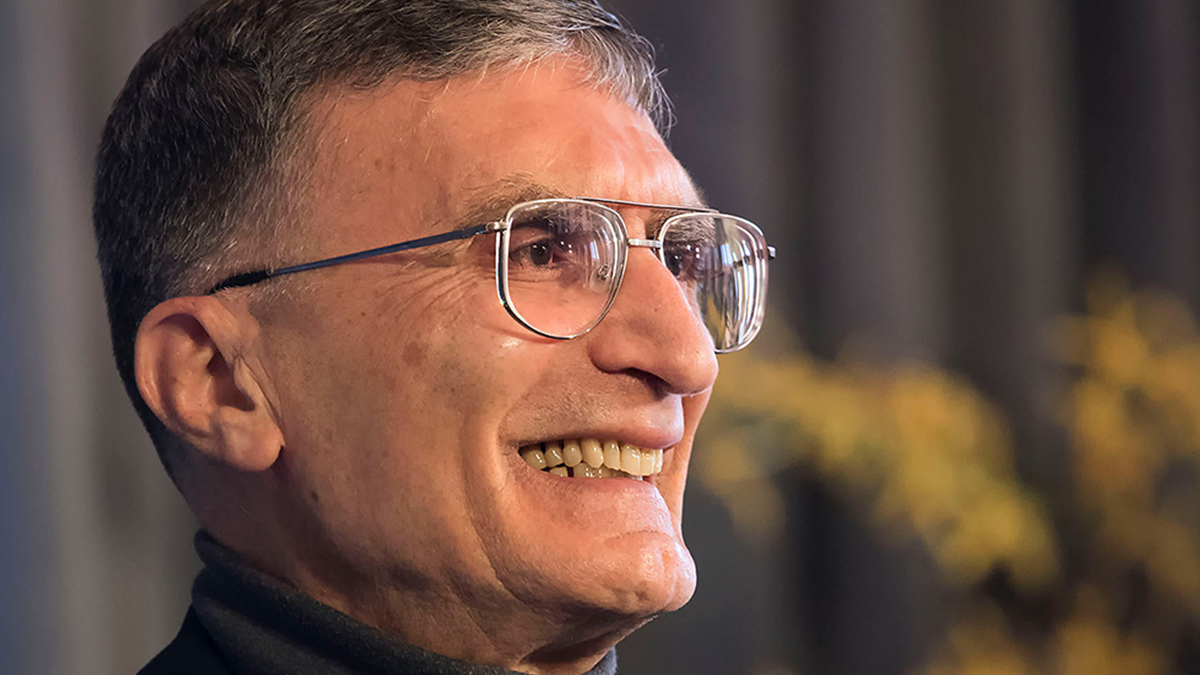‘Heroes Health’ mental wellness app launched by School of Medicine and UNC Health
Published on July 14, 2020Helping frontline workers better understand the state of their own mental health
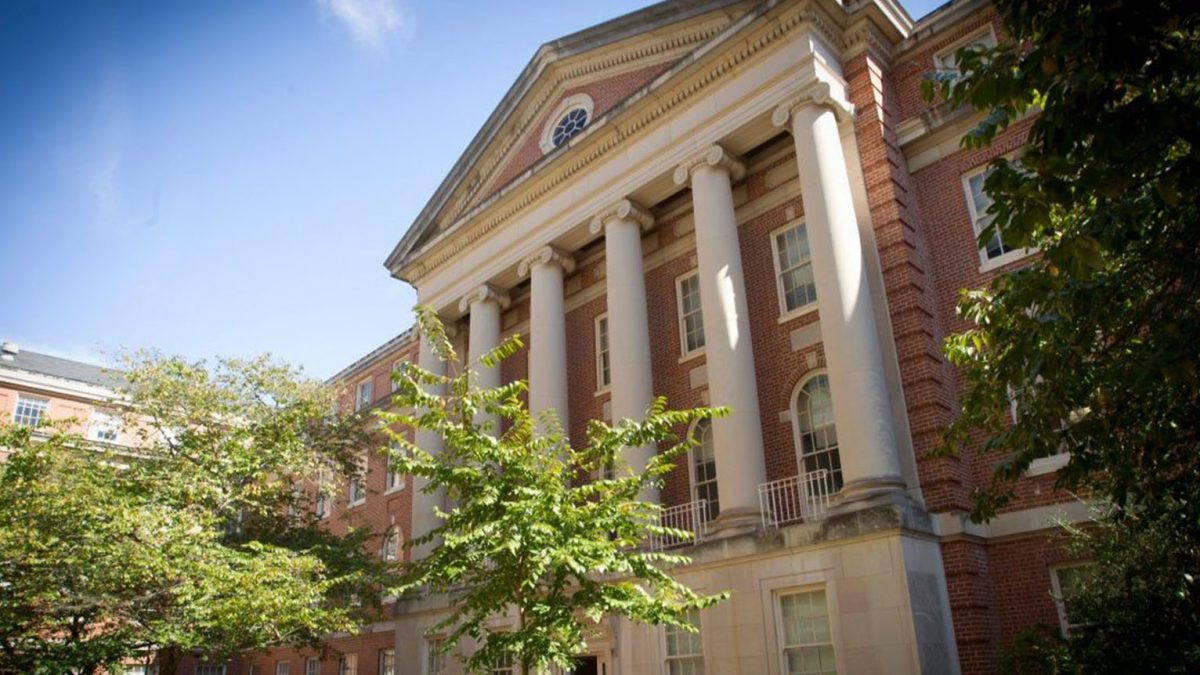
Helping frontline workers better understand the state of their own mental health
The UNC School of Medicine and UNC Health have launched the Heroes Health InitiativeOpens in new window to help support the mental health of first responders and health care workers during the COVID-19 global pandemic. The app is available through the App Store/Google Play Store in the United States, free of charge to first responders, health care workers and their organizations.
For individual health care workers, the Heroes Health app delivers short mental health self-assessments each week and displays symptom summary reports to help them better understand the state of their own mental health and changes over time. The app also provides links to immediate support and mental health resources, emphasizing free and low-cost services.
Individual health care workers who choose to participate in the initiative download the free Heroes Health app to their iOS (Apple) or Android-compatible smartphone. Each week, the app notifies workers that a brief mental health symptom assessment is available and evaluates symptoms in key domains such as sleep, stress, anxiety/worry and sadness/depression.
Immediately after completing the survey, workers can view a summary report of their symptoms and trends in their symptoms over time. The app also provides links to get immediate crisis support and other mental health resources, e.g., to improve sleep and stress. This resource list focuses on apps and services that are either free or offered at reduced costs to health care workers. The UNC-Chapel Hill website also lists mental health resourcesOpens in new window and discountsOpens in new window for health care workers on goods and services. Heroes Health receives no financial benefit or support from the goods or services listed.
The Heroes Health Initiative was founded by UNC School of Medicine physician Dr. Samuel McLean, research vice-chair in the Department of Anesthesiology and an attending physician in the Department of Emergency Medicine. As a practicing emergency physician and COVID-19 unit worker, and a COVID-19 survivor who contracted COVID-19 and infected two of his family members, McLean understands firsthand the great challenges COVID workers face.
“First responders and health care workers are facing a lot of challenges right now,” McLean said. “There is the personal risk of severe illness or death. Much worse, there is the anxiety and fear of infecting loved ones. This an even greater challenge for first responders or health workers who live with someone particularly vulnerable to COVID-19. It’s important to give first responders and health care workers a simple, quick way to regularly check in on their mental health and immediately find resources. It is also important to provide organizations with tools that help empower them to care for each other.”
Dr. Sam McLean, joined the Today Show this morning via a video call to explain this new Heroes Health app – watch the video below:
